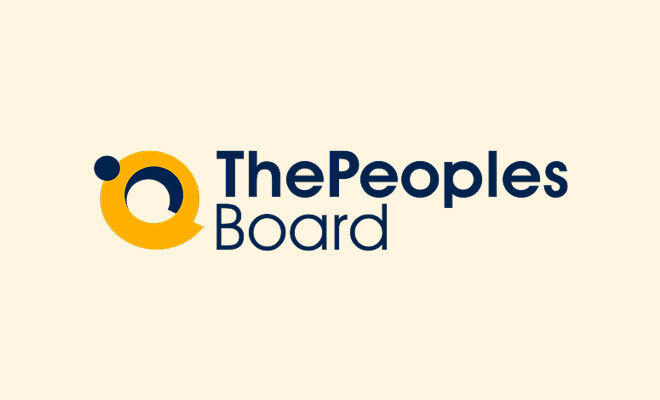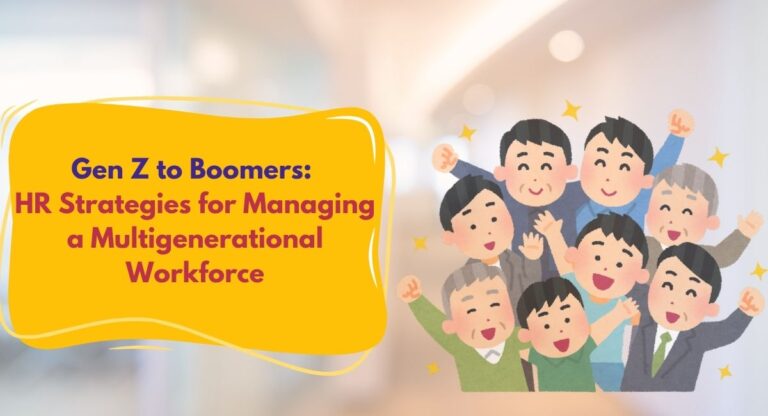In recent years, the recruitment landscape has seen a revolutionary shift. Hiring, which once relied on manual processes, has been significantly enhanced by the power of Artificial Intelligence (AI) and other technologies.
In a fast-paced world where finding the right talent is crucial, AI has emerged as a game-changer, especially in a diverse and dynamic job market like India.
What is AI for Recruiting?
AI for recruiting refers to the application of artificial intelligence technology in the hiring process to streamline and automate various aspects of recruitment. By leveraging AI, recruiters can harness the power of data to make more informed decisions.
AI can assist in sourcing and screening candidates, analyzing resumes and job applications, conducting pre-employment assessments, and predicting candidate success and cultural fit. This technology holds the potential to revolutionize the hiring landscape by increasing efficiency, accuracy, and overall effectiveness in identifying and attracting the right talent for organizations.
AI Applications in Recruitment
Using AI is not just about making the recruitment process faster; it’s about making it smarter. Understanding the role of AI in recruitment helps in recognizing how it reshapes the recruiter’s duties and enhances efficiencies. Here are some of the primary ways AI is transforming hiring:
Resume Screening
Manually sifting through hundreds or even thousands of resumes can be time-consuming and error-prone. AI-powered tools can:
- Analyze resumes in seconds.
- Identify candidates who best match the job description.
- Rank applicants based on skills, experience, and other criteria.
For instance, Indian startups and corporations increasingly use Applicant Tracking Systems (ATS) integrated with AI to streamline their hiring process.
Candidate Matching
AI can go beyond keywords in resumes. It uses algorithms to:
- Match candidates with job openings based on cultural fit, career aspirations, and predicted job performance.
- Reduce mismatches that often occur in traditional hiring methods.
Chatbots for Engagement
AI-powered chatbots are revolutionizing candidate engagement by:
- Answering queries instantly.
- Guiding candidates through the application process.
- Providing updates on their application status.
In India, where tech-savvy candidates expect quick responses, chatbots improve the candidate experience while saving recruiters’ time.
Benefits of AI in the Recruitment Process
AI-driven technology can significantly enhance the recruitment process, allowing recruiters to focus on strategic tasks. Here are some key benefits of AI in recruitment:
Better Decision-Making
AI can help recruiters make more informed decisions by analyzing vast amounts of data quickly and accurately.
Improved Candidate Matches
AI algorithms can match candidates to job openings more effectively, considering factors beyond just keywords.
Reduced Bias
AI can help minimize unconscious bias in the hiring process by focusing on objective data rather than subjective judgments.
Increased Efficiency
AI can automate repetitive tasks, such as resume screening and initial candidate outreach, freeing up recruiters to focus on more complex aspects of the hiring process.

Challenges of Applying AI in Recruiting
While AI offers numerous advantages, implementing AI recruiting software comes with its own set of challenges:
Data Quality
The effectiveness of AI depends heavily on the quality of the data it is trained on. Poor data can lead to inaccurate predictions and biased outcomes.
Platform Selection
Choosing the right AI platform is crucial. It should align with the organization’s needs and integrate seamlessly with existing systems.
User Collaboration
Encouraging collaboration among users on a centralized AI-driven platform can enhance its benefits. This requires training and change management to ensure smooth adoption.
Selecting the Right Tools
When choosing AI-driven recruitment tools, it’s essential to keep the following in mind:
- Ease of Use: Look for user-friendly platforms that integrate well with existing systems.
- Scalability: The tool should cater to the needs of growing businesses.
- Customization: Ensure the tool can be tailored to the unique needs of Indian industries and job markets.
- Data Security: Verify that the tool complies with India’s data protection regulations (such as the IT Act and upcoming Personal Data Protection Bill).
- Analytics and Reporting: Opt for solutions that provide insights to improve your hiring strategies.
Ethical Considerations
While AI has numerous benefits, it’s crucial to address its challenges, particularly in ethical hiring:
Bias in Algorithms
AI systems are only as unbiased as the data on which they are trained. In India, where diversity in hiring is crucial, companies must ensure their tools do not perpetuate gender, caste, or other biases.
Transparency
Candidates and recruiters should understand how AI tools make decisions. Transparent algorithms build trust in the recruitment process.
Human Oversight
AI should assist recruiters, not replace them. Decisions like final candidate selection should always involve human judgment to account for nuances that AI might overlook.
The Future of Hiring: The Impact of AI on Recruitment Strategies
AI is transforming the relationship between people and technology in the recruitment landscape. The modern workforce is beginning to understand the power of AI, which empowers recruitment agencies to address their clients’ needs more effectively.
From expediting candidate sourcing to refining the candidate experience, AI offers numerous opportunities. However, it also presents challenges that need to be managed carefully.
Is AI Replacing Human Recruiters?
AI serves as an invaluable assistant, helping recruiters make more effective decisions quickly and freeing them from mundane logistical tasks. By providing data insights and saving time, AI enables recruiters to apply strategic hiring practices more effectively.
Instead of replacing human recruiters AI is primarily reducing many repetitive tasks. This allows recruiters to focus on more strategic aspects of their role. Recruiters will still need to use their cognitive abilities to review data, derive insights, assess opportunities, and develop strategies.
Conclusion
AI is transforming the recruitment process by making processes faster, more efficient, and insightful. However, it’s essential to remember that AI complements, not replaces, human recruiters.
While AI can handle repetitive tasks like resume screening and candidate matching, human recruiters bring emotional intelligence, cultural understanding, and creativity. By blending AI tools with human expertise, Indian organizations can create a recruitment process that is efficient, fair, and future-ready.
As the Indian job market grows, using AI technology isn’t just an option—it’s necessary to stay competitive. When implemented thoughtfully, AI can help businesses find the right talent while enhancing the candidate experience, making recruitment a win-win.





